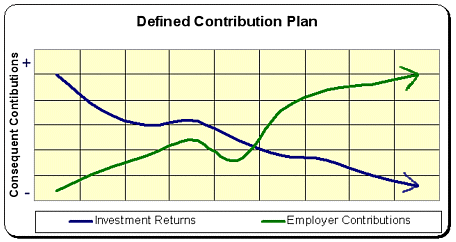Among the many issues related to contract negotiations, one of the leading subjects is retirement benefits and pension plans in particular.
This negotiation season is no different, but pension plans seem to be more of a hot button issue. The reasons are related to the ability of orchestra associations to adequately fund their pension plans as required by their contract with the musicians and Federal regulations.
Take the current negotiation underway at the Philadelphia Orchestra. The Philadelphia Orchestra Association (POA) has stated that it can not afford to continue to fund the musician pension plan in its current form. As a result, they want to make changes to the plan.
Pension funding is a complex topic and although it may seem like they would be designed to have enough money to pay out what’s required, that’s not always the case.
To gain a better understanding for how all of this works, I contacted Richard Wagner, CAP and Senior Manager for Clifton Gunderson LLP.
According to Wagner, one of the first things to understand is that there are two primary types of pension plans: one that pays out based on “defined contributions” and one that pays out “defined benefits.”
Defined Contribution plans pay the retired employee benefits based on what percentage of their salary they contributed to the plan over their years of employment. Employers can also contribute to the plan based on a variety of percentages and scales. In this plan, the employee bears the investment risk since payments are based on the value of their plan as determined by the market over the course of the contribution period and benefit period.
Defined Benefit plans pay the retired employee a specific amount based on salary history and years of service, and in which the employer bears the investment risk. Contributions may be made by the employee, the employer, or both. An actuary (someone versed in the collection and interpretation of numerical data, especially someone who uses statistics to calculate insurance premiums) determines how much an employer will need to contribute over the years in order to maintain adequate funding for the benefit payments. So if the market goes down considerably, then the employer contributions need to increase proportionately in order to make up the difference.
The following chart illustrates how an employer must contribute additional funds when the market produces lower returns.

So now that the two types of pension plans make a little more sense, we can start to examine how this influences an orchestra’s contract negotiations. I invite you to return tomorrow where we’ll examine some of the pension issues related to the Philadelphia Orchestra negotiations and try to illuminate the severity of their situation.


